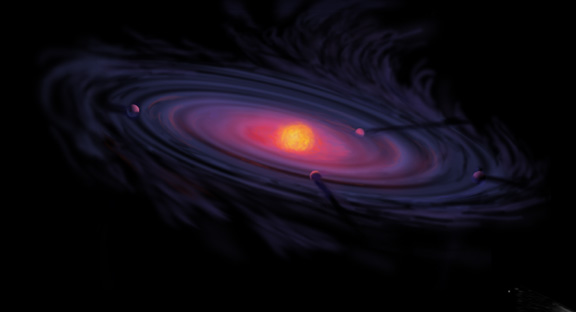Today I give no argument, no news.
An ancient tale inspired a train of thought.
I'll share the thought in
pent-iambic verse,
the English form
Fitzgerald used to scribe
the ancient epic
Odyssey from
Greek.
He renders Homer's tale in vivid lines,
a saga of a man who seeks his home.
Odysseus speaks the lines that woke my muse;
recounts to his Phaiakian hosts his woes.
He's sailed from Troy; he's sacked an isle, and left.
Before he left a few of his men were slain.
Odysseus tells what happened then, at sea:
No ship made sail next day until some shipmatehad raised a cry, three times, for each poor ghost
unfleshed by the Kikonês on that field.That word,
unfleshed, is what has stirred my mind.
Belief and hope and fear in that term dwell.
Unfleshed: the self evicted from its corpse,
to travel down the dark Hadean paths.
A multitude expects such fate on death:
the unfleshed ghost, the soul, will carry on
to heaven, hell, or maybe back to Earth.
The word "unfleshed" befits these cherished thoughts,
expresses what so many hope from death.
But what of folk like me, who don't expect
to live on past our physical demise?
What word have we expressing what befalls?
The snowflake melts: its shape, unique, is lost.
Just so the mind, which body must sustain,
when body fails, is gone, has ceased, that's it.
How fleeting, fright'ning, this idea of self:
ephemeral and fragile. Here, then not.
The snowflake's stuff, of course, will still remain,
will rise, form clouds, and then will fall again.
Just so, my starstuff matter carries on.
In plants, in rocks, in future human flesh
it feeds the life of Gaia, though I'm gone.
I do not know a cure for fear of death:
I dread the tolling bells that speak my end.
But facts are not beholden to my wish.
Instead, to truth's stark beauty do I bend.
Does all this pose a word that I can use?
A word that speaks of loss and beauty cold?
Odysseus says the soul becomes unfleshed.
For me, the flesh, the life, becomes
unsouled.(Please let me know if verse-based blogging works.These lines, did they enlighten or confuse?Plain prose is still the medium I prefer.Should ever I again invoke the Muse?)




